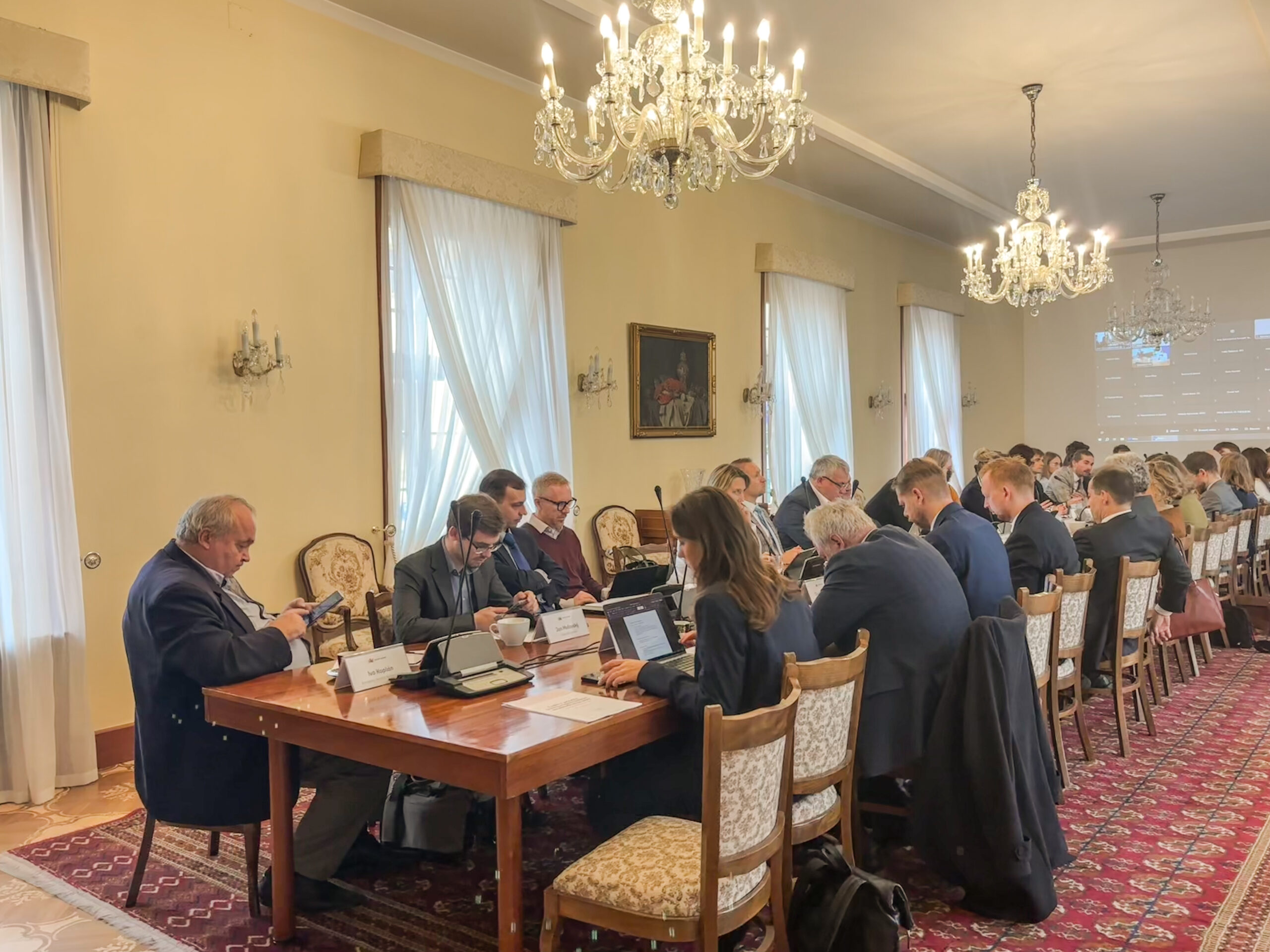On Friday 16 June 2023, another National Convention roundtable on the European Union will take place at the Liechtenstein Palace and via the online platform Webex Teams, this time on the topic of the Review of Economic Governance. The debate will take place from 9:00 to 12:00. The topic will be discussed by representatives of the public administration, the education sector, the business community, social partners and other invited guests. The expert guarantor of this round table is the Prague University of Economics and Business.
The European Commission’s proposal to reform economic governance has at its centre the (several) redesign of the Stability and Growth Pact, including the procedures of the so-called European Semester. The social and environmental policy components have also been gradually incorporated into the European Semester, but the fiscal component of the Semester will be the main subject of discussion at the roundtable.
The very ambitious idea of the governance reform proposal is to link these fiscal consolidation efforts to the pursuit of the objectives of the structural transformation of the European economy towards a low-carbon and digital economy with an inclusive growth model, for which the EU has defined new spending programmes. Current challenges place additional demands on government budgets. These include investments related to the green and digital transformation, demographic developments, spending triggered by the impacts of climate change, but not least investment spending in response to the deterioration of the security situation in Europe following the Russian aggression against Ukraine. We are thus witnessing, for example, the legal anchoring of the lower limit of state expenditure on defence at 2% of GDP.
Questions to be discussed at the roundtable:
- Does the proposal bring the declared simplification, or is it rather a strengthening of complexity? Is the European Commission’s proposal the right way to reduce the public debt of the Member States? Will the proposed system of national four-year structural-fiscal plans, prepared jointly with the European Commission and approved by the Council, strengthen the will of Member States to meet their fiscal targets? Can the necessary increased public investment in the green and digital transformation be achieved without undermining fiscal sustainability within the EU fiscal framework?
- Would the proposed introduction of a differentiated approach in the monitoring of highly indebted countries help? Should the rules be complemented by a section that clearly provides for rules also for the situation when a highly indebted country is no longer able to meet its obligations? (Sovereign debt restructuring mechanism)? Is it appropriate to take into account, for example, defence expenditure or the current social situation in individual Member States?
- Is the Czech National Budget Council equipped with adequate competence and capacity to fulfil all the requirements of Article 22 of the draft regulation? Could a change in the formulation of medium-term budgetary consolidation plans, using the GDP estimates of the National Budget Councils, lead to a better implementation of the objectives of the Stability Pact or at least to a more realistic preparation of budgetary projections for the communication of Member States to the Commission on budgetary consolidation planning?




